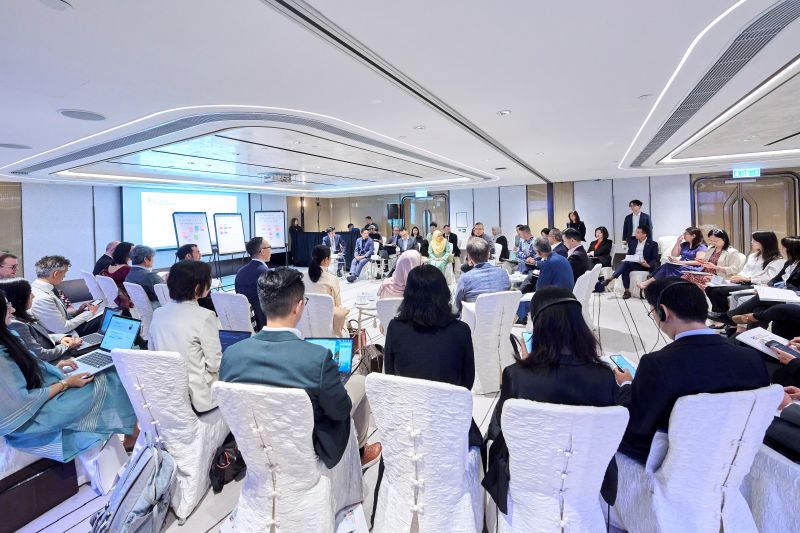Hong Kong, October 07, 2025: The Commission on Asian Philanthropy, a coalition of 13 leading philanthropic organisations across Asia, has released early findings from its landmark research study, identifying five distinct growth models that are transforming philanthropy in the region.
The study highlights corporate-led, community-led, faith-based, state-led, and high-net-worth individual (HNWI)-led models as key drivers reshaping the scale, professionalism, and effectiveness of giving across Asia. While HNWI-led giving remains limited, the first four models account for most of the region’s philanthropic capital and activity, offering context-driven pathways for expanding domestic impact.
According to the report, Asian philanthropy is increasingly shaped by collective responsibility and community participation. The research underscores how the region’s pluralistic and values-based approach allows countries to derive social and economic benefits that extend beyond monetary contributions.
Key features of the models include:
- Corporate-led: Companies deploying assets, expertise, and infrastructure to support inclusive growth.
- Community-led: Citizen engagement through volunteering, peer support, and grassroots mobilisation.
- Faith-based: Values-driven giving sustaining long-term community trust and welfare.
- State-led: Government-enabled coordination and scale leveraging existing delivery systems.
The Commission’s study also spotlights regional examples. India’s mandatory CSR framework has expanded corporate giving from USD 1.2 billion in 2015 to USD 4.17 billion in 2024. In China and Saudi Arabia, digitalisation of public giving has channelled over USD 2.8 billion collectively through online platforms, while Indonesia’s professionalised Zakat system has grown faith-based contributions to USD 2.55 billion in 2024.
“Asia's philanthropic landscape is full of potential, but real transformation depends on strengthening the underlying systems that support the different philanthropic growth models,” said Lester Huang, Chairman of the Institute of Philanthropy, a co-convenor of the Commission. “These models offer a path forward – not just to grow giving, but to professionalise philanthropic approaches, improve co-ordination and increase impact.”
The research, part of the Commission’s three-year initiative to catalyse “in Asia, for Asia” philanthropy, celebrates the diversity of regional approaches rather than prescribing a single model. It encourages dialogue, shared learning, and collaboration to strengthen domestic philanthropic ecosystems.
“Asia is shaping a new paradigm for global philanthropy, one that is rooted in local relevance, innovation and strategic execution,” said Ichiro Kabasawa, Executive Director of The Nippon Foundation, representing the Asia Philanthropy Congress, a co-convenor of the Commission. “By building on bold growth models, we’re not just increasing giving, we’re raising the standard for what philanthropy can achieve when it is deeply embedded in the communities it aims to serve.”
The Commission on Asian Philanthropy comprises organisations including the China Soong Ching Ling Foundation, Temasek Foundation, King Khalid Foundation, Nippon Foundation, Tata Consultancy Services, and Piramal Foundation, among others.




















.jpg)



